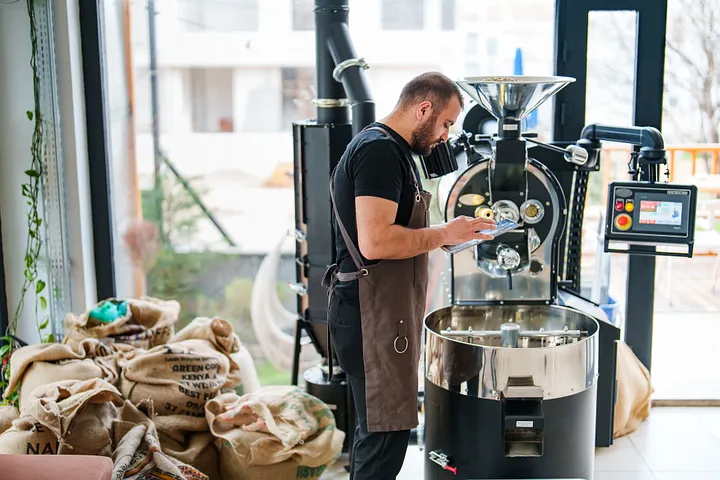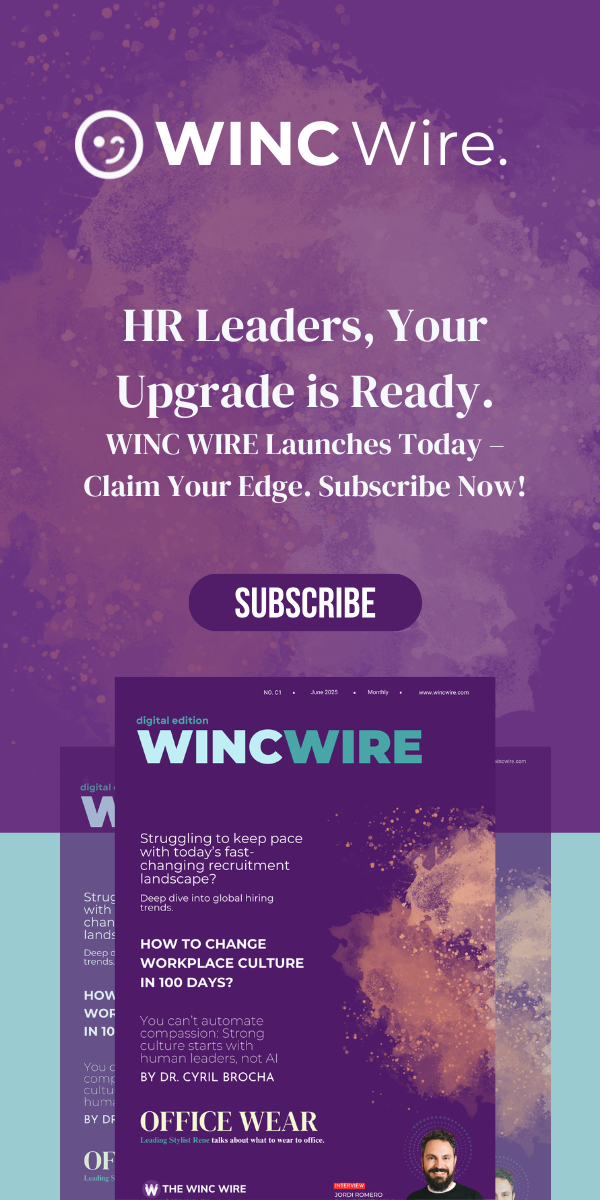In today’s ever-shifting landscape marked by inflationary pressure, energy turbulence, and economic fragility resilience has become the ultimate competitive advantage. For supply chains, this isn’t just about logistics or procurement efficiency; it’s about the people behind the processes and the culture that shapes their actions. Drawing on my cross-industry experience in hospitality, HR, and operational transformation, I’ve seen one truth emerge time and again: resilient supply chains are built on robust talent strategies and cultures of adaptability.
From Bean to Brew: Every Supply Chain Tells a Human Story
Think of your morning coffee. From the sourcing of beans in South America to the final pour at your desk, that journey is a symphony conducted by people. And like any well-rehearsed orchestra, its quality depends on the talent, training, and shared ethos of those involved. It’s here that resilience is quietly born—in hiring choices, in leadership mindsets, and in the everyday culture of continuous improvement.
Talent as the Engine of Supply Chain Evolution
While talent has always mattered, its strategic value is now centre stage. Today’s supply chain risk factors aren’t just geopolitical or climatic—they’re human. A gap in digital literacy or leadership capability can cause just as much disruption as a blocked canal or fuel hike.
Strikingly, despite widespread conversations around digital transformation, many organisations still deprioritise digital skill development in their hiring roadmap. This is a strategic blind spot.
Transformation, change management, and commercial awareness should be prioritised alongside technical skills. Without this, companies struggle to navigate the operational intricacies of modern supply chains.
Cultivating Future-Ready Capabilities
The evolution of supply chains over the past 25 years will pale in comparison to what the next five will bring. AI, automation, sustainability mandates, and new trading models are rewriting the rules. But even the smartest technology is inert without capable hands and strategic minds guiding it.
Progressive leaders are beginning to prioritise workforce capability as a core investment. This doesn’t mean classroom learning alone. True capability-building involves embedding learning into the flow of work allowing employees to test, stretch, and refine their skills in real-world scenarios.
Leaders must themselves lead from the front, not only by strategy but by example. The ability to coach, motivate, and align cross-functional teams is increasingly non-negotiable.
Organisational Culture: The Invisible Infrastructure
In resilient organisations, culture acts as both compass and glue. It binds teams with shared values while allowing enough flexibility to shift gears when conditions change. Think of it as the shock absorber in your operational engine.
Unfortunately, many only recognise the value of cultural adaptability in retrospect after a disruption reveals the brittleness of old norms. Forward-thinking organisations, however, build cultures of anticipation, not just reaction.
These cultures reward initiative, support experimentation, and foster psychological safety. This environment attracts high-performing talent, accelerates innovation, and fuels long-term sustainability.
Strategic Actions to Future-Proof Supply Chains
Here are pragmatic steps I recommend to safeguard your supply chain against tomorrow’s uncertainties:
- Assess Structural Weaknesses: Conduct scenario-based stress tests. Whether it’s cyber risk or extreme weather, know where you’re vulnerable.
- Prioritise Workforce Agility: Map skill gaps across functions and upskill for digital, analytical, and leadership competencies.
- Adopt Tech with Purpose: Don’t chase shiny tools. Invest in platforms that enhance visibility, data utilisation, and decision-making.
- Embed Sustainability: Move beyond compliance. Design operations that serve your ESG goals and customer expectations.
- Foster a Culture of Curiosity: Equip managers to act as change agents. Let culture evolve with intention—not inertia.
The Leadership Imperative
Supply chain resilience is no longer the sole domain of operations. HR, strategy, and C-suite leaders must unite around a shared blueprint for adaptability. Talent and culture are no longer HR issues—they are boardroom priorities.
As someone who has led people-first transformations across both automotive systems and luxury hospitality operations, I know that lasting success is built not just on systemsbut on belief, behaviour, and belonging.
The question is no longer if we invest in talent and culture it’s how deeply we commit. Are you ready to place people at the heart of your supply chain strategy?
The future won’t wait. Let’s shape it together.




